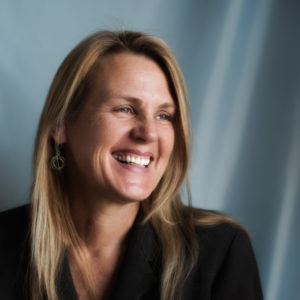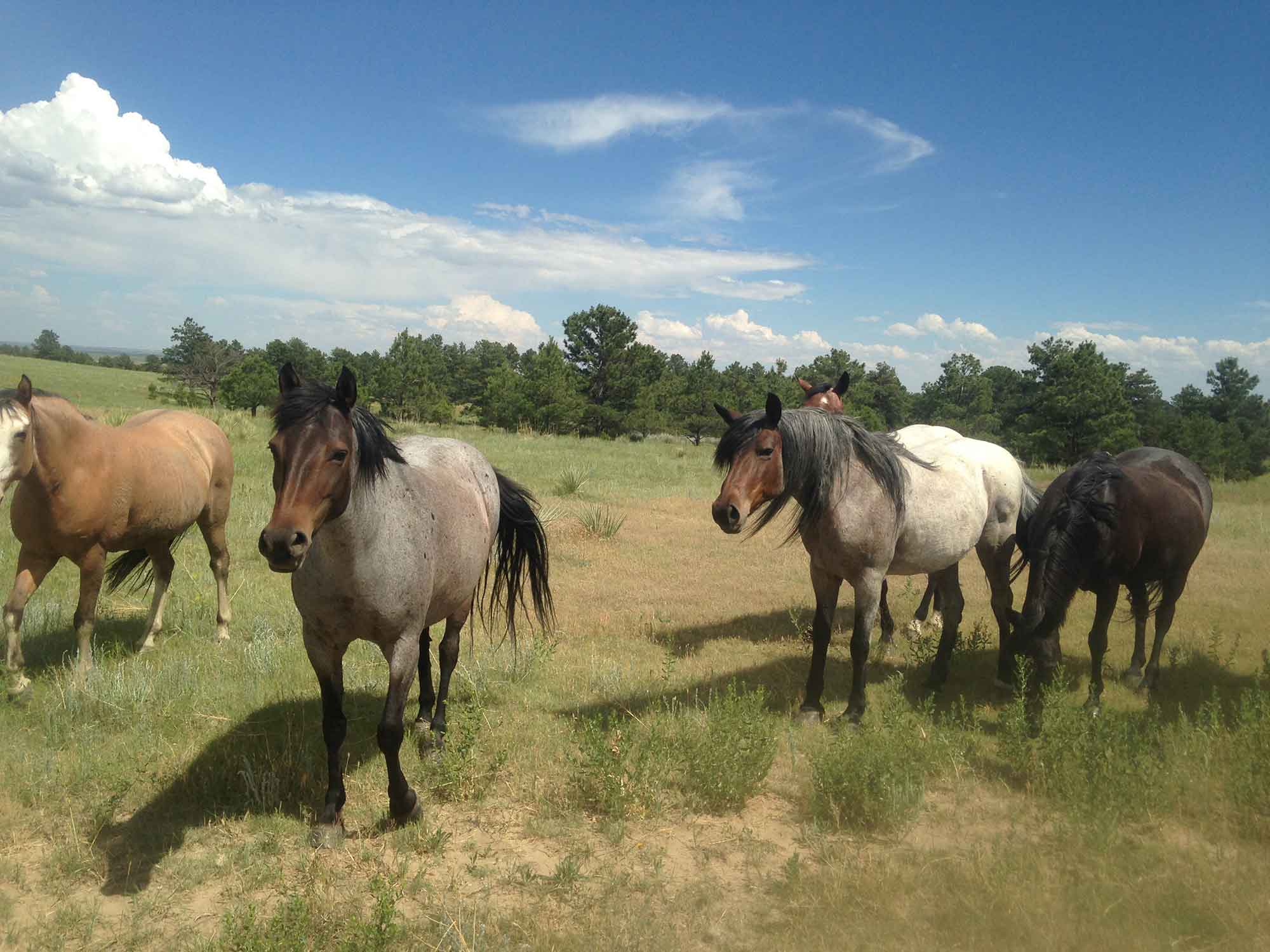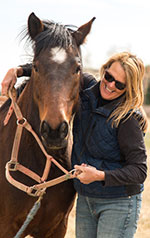Caroline M. Roy MSW, LCSW
 Caroline M. Roy has worked with children, adolescents and adults in Boulder County for thirty-five years. For 15 years, Caroline served as a Boulder County Probation Officer, which provided her with opportunities to work with adolescents and adults from a variety of backgrounds who were experiencing numerous challenges.
Caroline M. Roy has worked with children, adolescents and adults in Boulder County for thirty-five years. For 15 years, Caroline served as a Boulder County Probation Officer, which provided her with opportunities to work with adolescents and adults from a variety of backgrounds who were experiencing numerous challenges.
Clients: Children (elementary school), Adolescents (middle & high school), Older Adolescents (College Age), Adults
Treatment Issues: Adjustment, Anger Management, Anxiety, Attachment, Cultural Issues, Depression, Divorce, Domestic Violence, Grief/Loss, Trauma, Oppositional Defiant, Parenting Challenges, Physical and Sexual Abuse, PTSD, Relationship Problems, School Issues, Self-Harm, Social Isolation, Spiritual Emergence, Blended Family, Stress Management, Substance Abuse/Recovery, Life Transition Issues, Women’s Issues
Treatment Modalities: Cognitive-Behavioral, DBT, Equine Assisted, Psychodynamic, Transpersonal, Walk and Talk, Family Therapy, Individual Therapy, Mentoring, Mindfulness, Group Therapy, EMDR, Internal Family Systems, Body Centered (Yoga)

